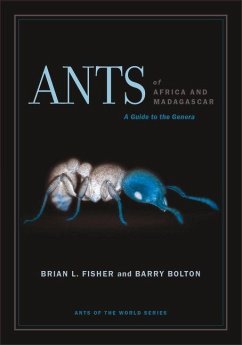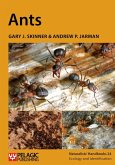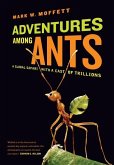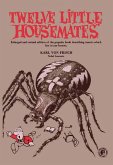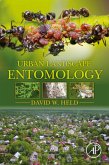Across the Afrotropical and Malagasy regions, ants are one of the most conspicuous and ecologically dominant animal groups. From driver ants to weaver ants, there are over 2,000 species in Africa alone and over 600 in Madagascar.
Ants of Africa and Madagascar introduces readers to the fascinating and diverse ant fauna of the Afrotropical and Malagasy regions. Featuring illustrated keys to subfamilies, separate keys to Afrotropical and Malagasy ant genera, and distribution maps, it also describes diagnostic characters, explores ant ecology and natural history, and includes a list of all currently recognized ant species in the regions. This detailed guide is an essential tool for entomologists and myrmecologists working with and learning about this diverse population of Formicidae.
Ants of Africa and Madagascar introduces readers to the fascinating and diverse ant fauna of the Afrotropical and Malagasy regions. Featuring illustrated keys to subfamilies, separate keys to Afrotropical and Malagasy ant genera, and distribution maps, it also describes diagnostic characters, explores ant ecology and natural history, and includes a list of all currently recognized ant species in the regions. This detailed guide is an essential tool for entomologists and myrmecologists working with and learning about this diverse population of Formicidae.
Dieser Download kann aus rechtlichen Gründen nur mit Rechnungsadresse in A, D ausgeliefert werden.

